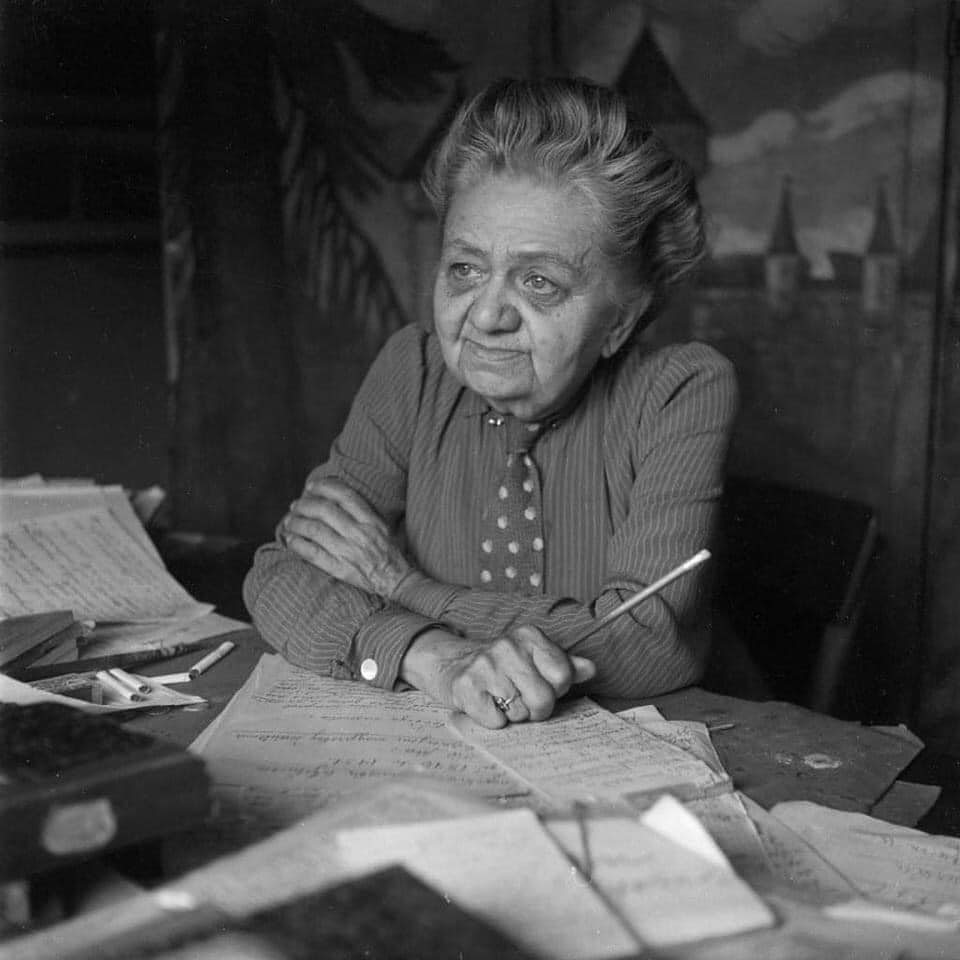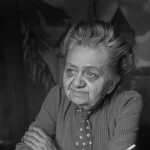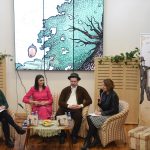November the 7th, 2023 – There are many celebrated Croatian writers, but one of the most well known is a women’s rights activist, journalist and author from Zagreb County. Here are five facts about the beloved Croatian author Marija Jurić Zagorka.
She was the first ever female Croatian journalist
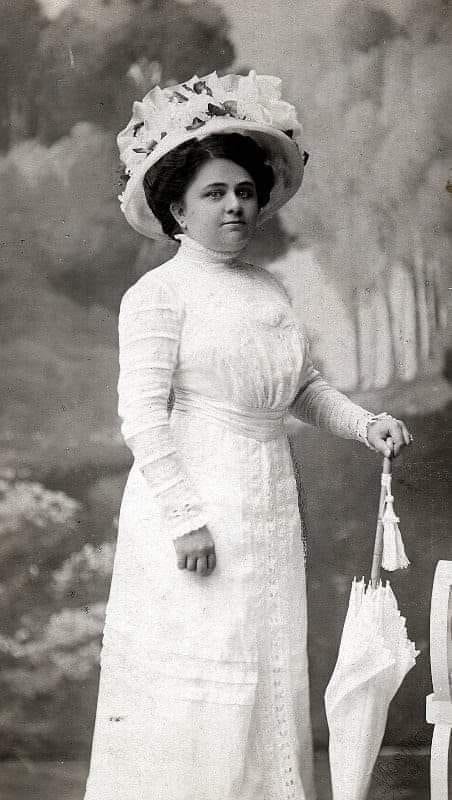
Croatian author Marija Jurić Zagorka broke many a mould, but what makes her stand out the most is the fact that she tirelessly worked to make a name for herself in an extremely male-dominated field, and world. She was the first ever female journalist in Croatia, and is one of the most read Croatian writers ever to exist. She began her career when still a student, editing a newspaper called Samostanske novine. She went on to work for Zagorsko proljeće, Hrvatski branik, Hrvatska Posavina, Obzor, Jutarnji list, Vijenac and Novi list, as well as Hungarian publications Nepszava and Magyarorszag. On top of all of that, she started her own magazine, Zabavnik. She faced constant problems due to her gender, with some shunning her entirely as they believed women should only be permitted to write romance novels, and not the type of content Zagorka wrote, considered controversial for a woman at the time. When she began working for Obzor, she was employed as a proof-reader and not as a writer, as the editor and board objected to her being a female.
She edited and published the first ever Croatian women’s magazine
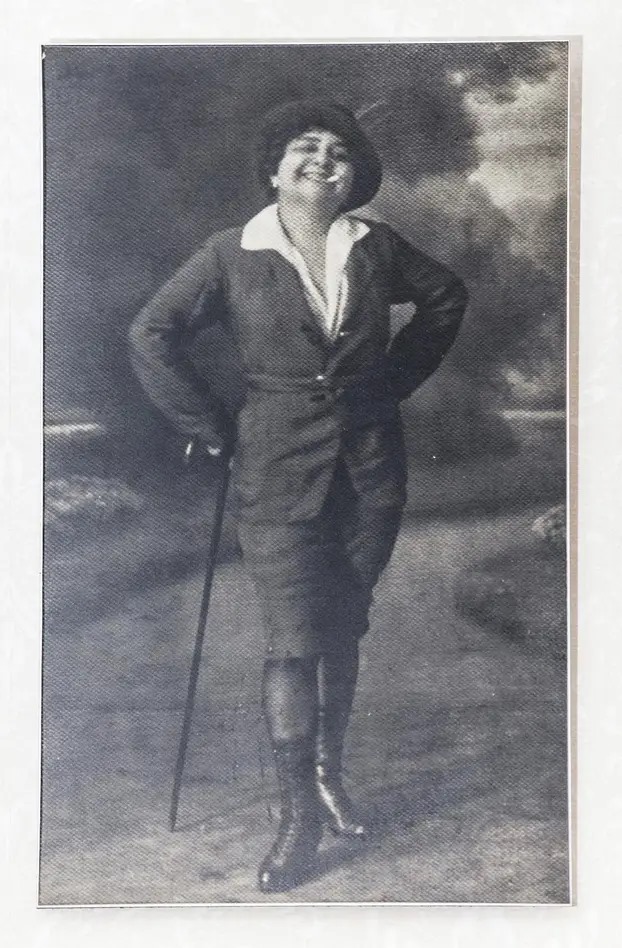
In addition to writing for an array of publications and starting her own magazine which is mentioned above, Croatian author Marija Jurić Zagorka also published the very first Croatian women’s magazine – Zenski list, from 1925 to 1938. Dabbling in very controversial topics for the time, Zagorka wrote the vast majority of the feminist-leaning, patriotic articles published in the magazine herself. While most of them would have been deemed perfectly normal and even celebrated today, at the time, they were deemed to be extremely tasteless. Dangerous, even. As time went on, the atmosphere within the running of Zenski list gradually began leaning more to the right, and Zagorka’s intended liberalism began being drowned out as conservatism grew. She eventually grew tired of this, and founded Hrvatica the same year she left Zenski list, and ran it until the founding of the Independent State of Croatia in 1941. Zagorka took no salary for running Hrvatica, instead pouring any cash the publication made into printing costs. Unsurprisingly, Hrvatica, with its not so subtle feminist, liberal undertones, didn’t go down too well with Dr. Ante Pavelić’s Ustaša government. The government forbade her from continuing to publish Hrvatica, and took everything from her – even the furniture from her home. These constant obstacles proved too much for Zagorka, who then attempted to take her own life.
She implied she was a man in order to work for the only student newspaper in Krapina
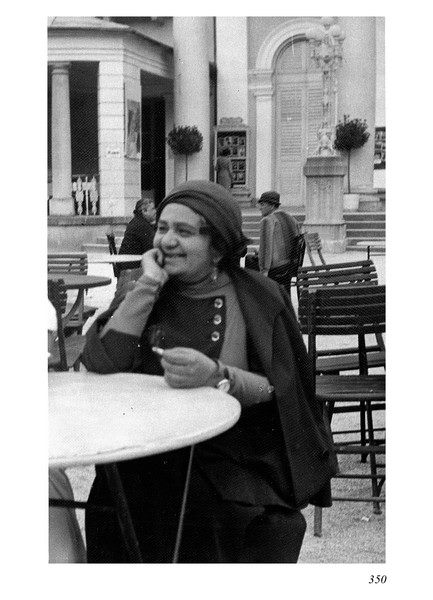
Dogged by the prejudice she faced for being a woman from the very beginning of her career, Zagorka even implied she was a man when she began working for Krapina’s one and only student newspaper in 1891. She would edit and write using a false name – M Jurica Zagorski, as the “ski” would lead readers to believe she was a male and as such not be so quick to discount her written work and obvious talent.
She was coerced into an arranged marriage with an abusive husband. She escaped – only to be forced into an asylum
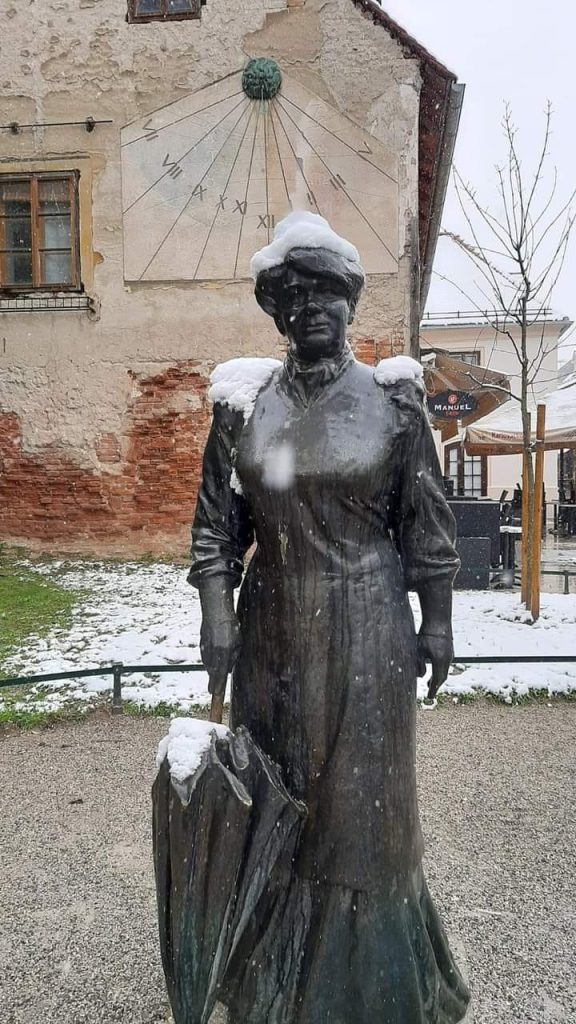
She came from what she herself deemed a wealthy but deeply troubled and unhappy family. While her father wanted better for his daughter, hoping to send her off to Switzerland to be educated and hopefully secure a better life for herself, her mother objected strongly to such notions. It wasn’t just education that Zagorka’s mother usurped, either, insisting that she marry a Slovak-Hungarian man named Andrija Mataja. Mataja was 17 years Zagorka’s senior, and worked as a railway officer. Their arranged marriage took place in 1891, and on top of Andrija’s constant expressions of disdain and chauvinism towards Croats, he became abusive, resulting in Zagorka suffering a nervous breakdown. She spent three years living in Hungary with Mataja, before escaping her abusive husband and running away, finding refuge in a sympathetic uncle and living in what is now Vojvodina. Enraged by her actions and knowing that she had little to no ground to stand on as a female, her vengeful and bitter husband declared her insane, seeing her forced into a mental asylum against her will. After some time, doctors realised nothing was wrong with her and released her. She then began the process of attempting to divorce Mataja, which was extremely difficult and came with huge amounts of social stigma. Her father, always supportive of his daughter, did his best to help her and approved of the divorce, but her own mother testified against her and made sure that Mataja never needed to pay the traumatised Zagorka any money. He didn’t even return her belongings to her from their former shared home in Hungary.
The annual Marija Jurić Zagorka journalism award is named in her honour
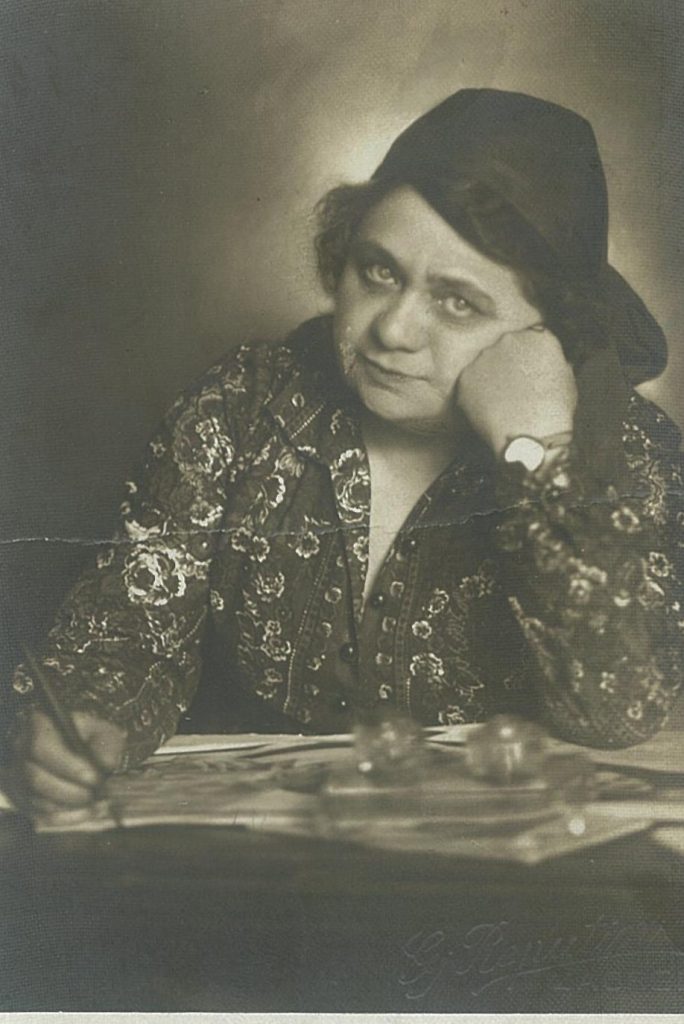
An award named in her honour is handed out for excellence to individuals in online, written, investigative, television and radio journalism. It is awarded by the Croatian Journalists’ Association each year. Zagorka had an extremely strong sense of justice, and one of her most famous quotes goes: Do you know what the greatest flaw of the Croatian people is? Forgetfulness. Having a poor memory. Nobody else in the world so quickly and so perfectly forgets the crimes committed against them like the Croats.
Interested in another great name from Croatia? Check out the one and only Nikola Tesla here.

